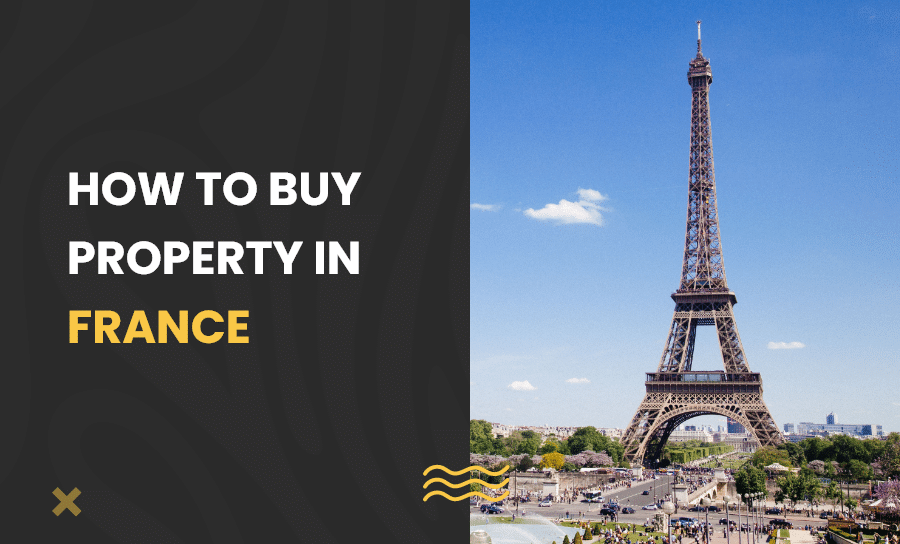Buying property in France is a step-by-step process that is different from property searching anywhere else. With the right expertise and advice however, becoming a property owner in France has become easier in the recent years.
Introduction: Property in France
Compared to other countries, there’s an organized process and a series of steps that need to be followed before you can call yourself a property owner in France. The paperwork, the time is taken, and the protocols make it a different ball game altogether. Of course, the biggest obstacle is the language, which is why it is highly recommended to have a translator who can go over the contract details and make sure you don’t sign up for something you didn’t want.
Keep reading to find out more about purchasing property in France.
Types of Property Ownership
Understanding why you want to buy property in France should certainly be the first step. If the reason you’re making this move is for long-term investment purposes, you should know that France has three different property buying routes:
- Buy-to-let
- Leaseback scheme
- Life annuity (aka Viager)
Whichever approach works best for you, make sure it’s a property with excellent resale potential and that it aligns with your investment plan.
Location
The best thing to do before buying property in France is renting a place in the same area as your provisional property. When you’re interested in a property, you need to remember that while furnishings and interiors, and fixtures can be replaced, the location remains unchanged. You must be well aware of what the seasons are like, if there are any development plans in the area and what kind of plans.

Using an Agent
Property buying in France is usually done through private vendors, estate agents (agent immobilier), or notaires (like a solicitor). You can directly contact the vendor though you will need an attorney to look over the contract, especially if you do not speak French. If the property for sale is being purchased through an agent, take note of the price, including agency fees. Look for the FAI stamp, which confirms that the agency fees are included (frais d’agence inclus). For notaires, most of them do not include their fees in property listings.
Contracts
Part of the property searching process in France, if you are using an agent or notaire, involves signing a form that confirms that you have been introduced to a particular property. Known as a bon de visite, take note that this is the only thing you should be signing before any viewing.

The actual sale and purchase agreements are the promesse de vente or compromis de vente, though the latter is more common. These contracts have everything about the purchase in detail, and a translator or an attorney who can translate the details to you is necessary if you are not fluent in French.

Deposit and Cooling Off
After making the deposit, which is usually 10% of the purchase price — or lower as the law does not state a minimum amount — you are entitled to 7 days of a cooling off period, which is when you can withdraw from the contract without any penalty. Following the signing of the purchase agreement, notaires are tasked to ensure property title and any mortgages that may be present. Through the local council, rights of prior acquisition will be removed. The final sale occurs with the signing of what is known as the acte de vente, which is the deed of sale.
Conclusion
Buying and investing in any property in a foreign country can be intimidating. In a place like France, where the market and real estate process is unique to itself, you would need basic guidance (like the one we’ve provided) to familiarise yourself with the basics. It’s always best to be on the same page, especially when you don’t speak the language!






